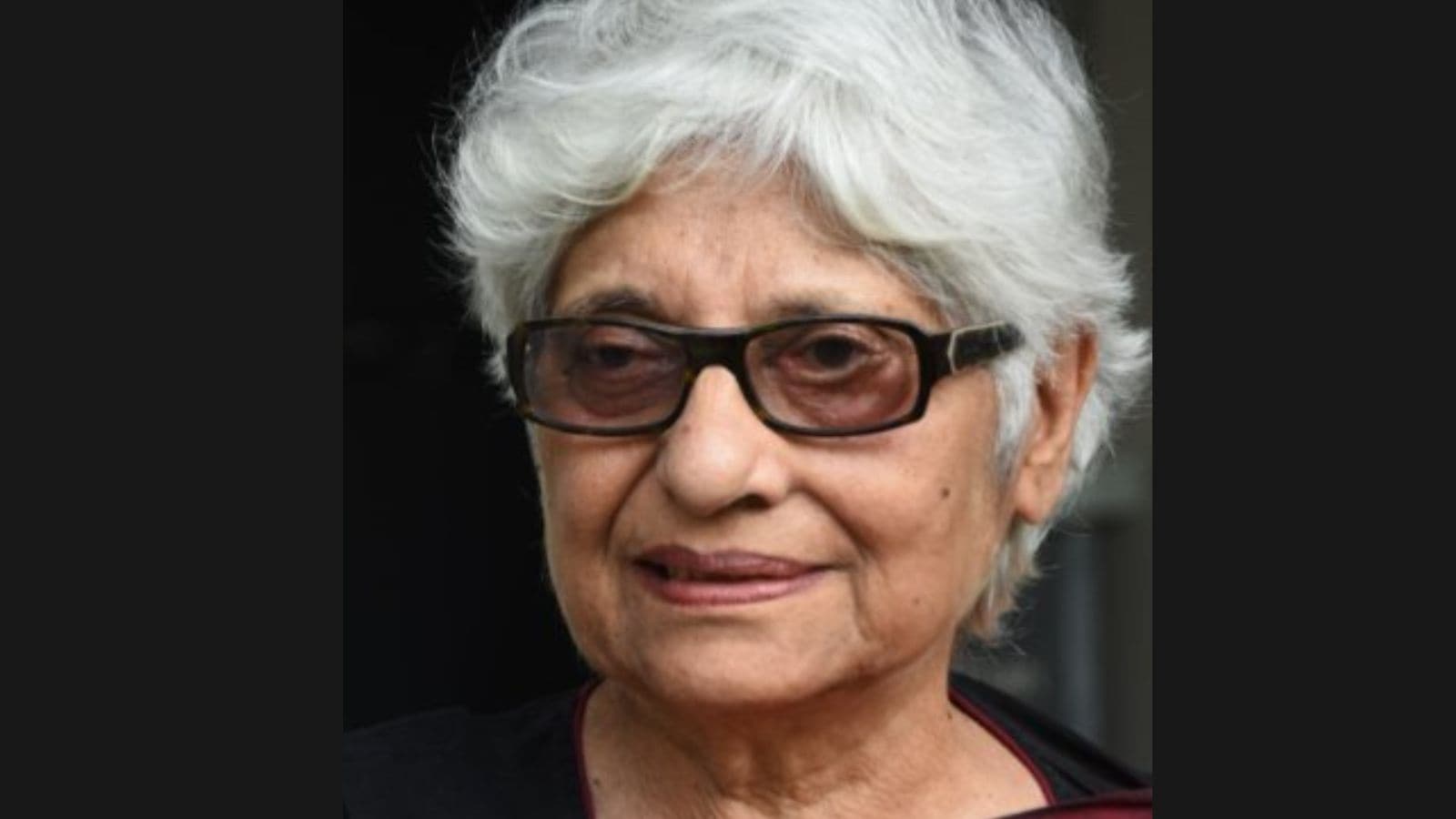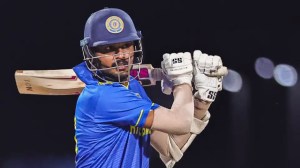Click here to join Express Pune WhatsApp channel and get a curated list of our stories
Lok Sabha elections was all about reigning in the powerful: Neerja Chowdhury
Chowdhury even spoke about her recently published book "How Prime Ministers Decide" at the lecture that is named after the late Marathi journalist and is organised every year.
 She also spoke about the crucial role UP plays in deciding who gets to form the government, citing that BJP had 71 seats in UP in 2014, 62 in 2019 and 33 in 2024. (Express Archives)
She also spoke about the crucial role UP plays in deciding who gets to form the government, citing that BJP had 71 seats in UP in 2014, 62 in 2019 and 33 in 2024. (Express Archives) The 2024 Lok Sabha elections was all about reigning in the powerful, said Neerja Chowdhury, political commentator and contributing editor, The Indian Express, at the Venkatesh Chapalgaonkar Memorial Lectures organised by the Pune Union of Working Journalists on Saturday.
Chowdhury even spoke about her recently published book “How Prime Ministers Decide” at the lecture that is named after the late Marathi journalist and is organised every year.
In her lecture, Chowdhury described this year’s elections as one of the most complex elections in the country. “For those of us sitting in Delhi, earlier it didn’t look like a very interesting election, but the way it spanned in six weeks, things changed completely. It was an ‘Ankush’ election, it was all about reining in the powerful,” she said.
Sharing her insights about the election results and drawing from her ground reporting experience, Chowdhury said, “There was fear among people, among the elite, the middle class and the intelligentsia, because of the ‘400 paar’ slogan.”
She also highlighted that in states like Rajasthan, Maharashtra, Haryana, and UP, Dalits were afraid that with more power, a single party BJP government would take away reservations for minorities. “In Uttar Pradesh, the Rajput community, supporters of Yogi Adityanath were upset in their own way. They felt that if this leadership comes back to power with more force, they will take Yogi Adityanath to Delhi,”, said Chowdhury.
She also spoke about the crucial role UP plays in deciding who gets to form the government, citing that BJP had 71 seats in UP in 2014, 62 in 2019 and 33 in 2024. Chowdhury emphasised that if BJP had not achieved the UP numbers in 2014 and 2019, even in those elections, they would have had to form a coalition government and if they could have achieved similar numbers this year in the state, they would have again formed a single party government. “UP numbers always make a difference,” said Chowdhaury.
She also spoke about her significant interview with NCP (SP) chief Sharad Pawar on May 4 this year, ahead of the elections. In the interview, Pawar had told Chowdhury, “In the next couple of years, several regional parties will associate more closely with the Congress. Or, they may look at the option of merging with the Congress if they believe that is the best for their party.”
Talking about the now formed coalition government, Chowdhury said the Prime Minister is signalling that continuity is equal to political stability as most of the ministers are repeated, all the heavy weight portfolios went to the BJP and Om Birla was re-elected as Speaker.
How Prime Ministers decide
In October 2023, Chowdhury’s book “How Prime Ministers Decide” was published. It was written with the help of copious notes from her earlier reporting days. It features six Indian Prime Ministers and their six historic decisions.
These include: the strategy that Indira Gandhi devised to return to power in 1980 after her humiliating defeat post the Emergency in 1977; the errors of judgement that led Rajiv Gandhi to undo the Supreme Court’s judgement in the Shah Bano case; V. P. Singh’s implementation of the Mandal Commission Report to save his government which forever changed the face of contemporary politics; P. V. Narasimha Rao’s masterful indecision that resulted in the demolition of the Babri Masjid; the rapidly changing political scenarios that turned the avowed pacifist Atal Bihari Vajpayee into a nuclear hawk who greenlighted the testing of nuclear devices; and the mild and professorial Manmohan Singh, widely regarded as one of the country’s weakest Prime Ministers, who defied interest groups and foes within the political establishment to seal a historic nuclear deal with the United States—and upgraded the bilateral relationship to a new level.
About the book, Chowdhury said, “I didn’t want it to be an academic read, but one for the young people in India.”
Click here to join Express Pune WhatsApp channel and get a curated list of our stories







